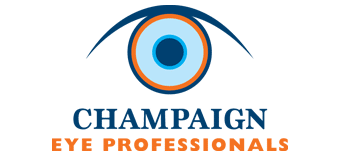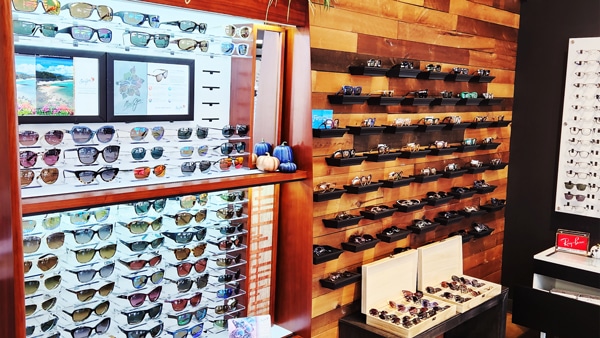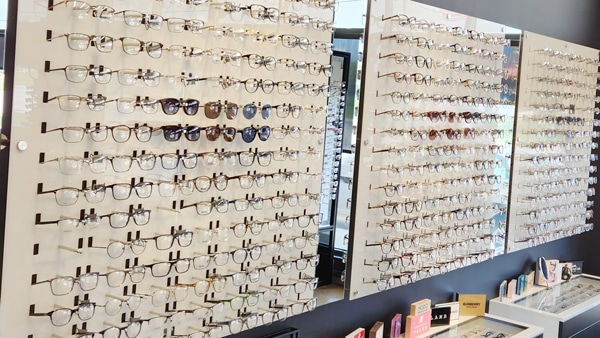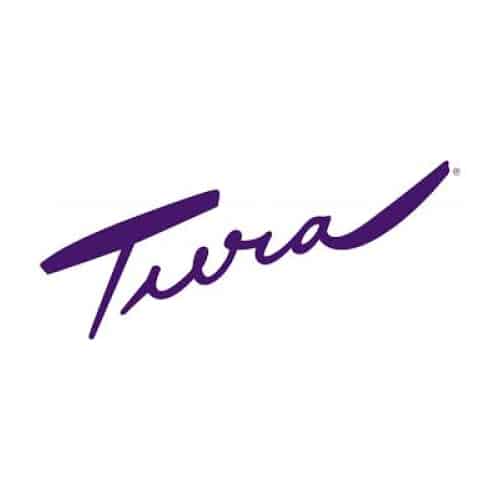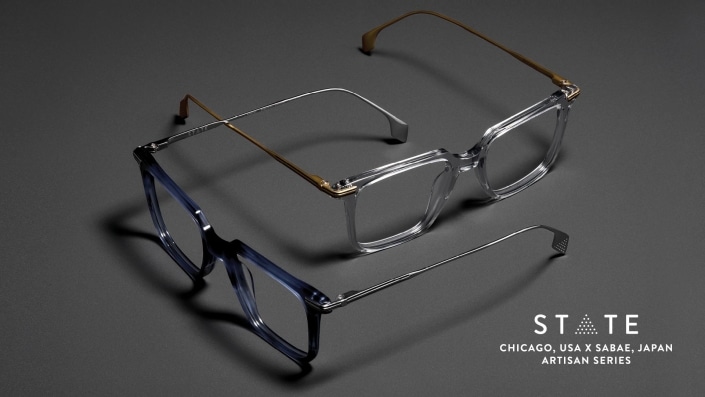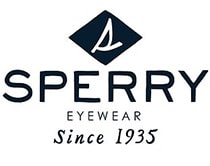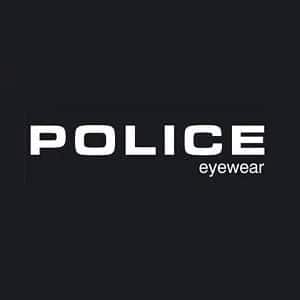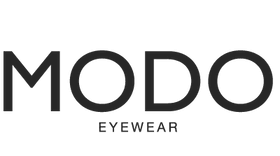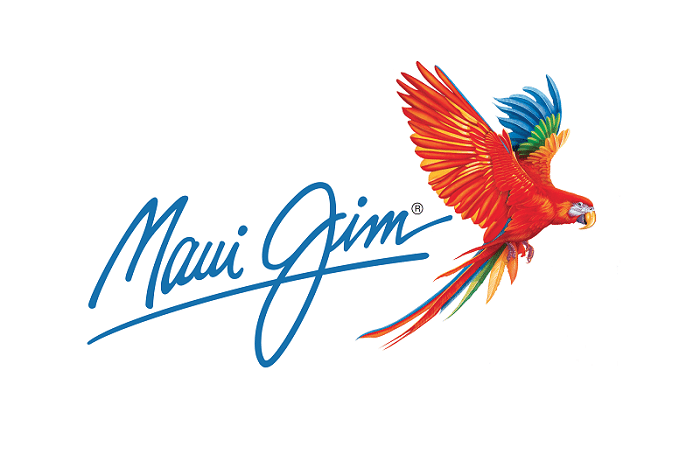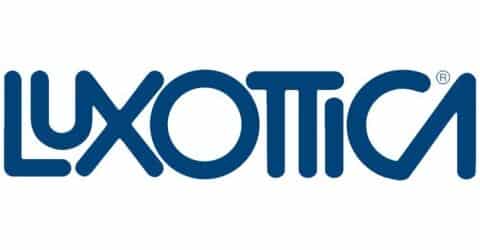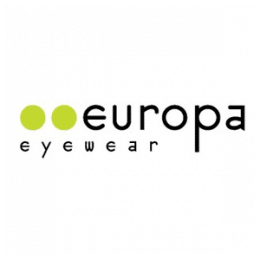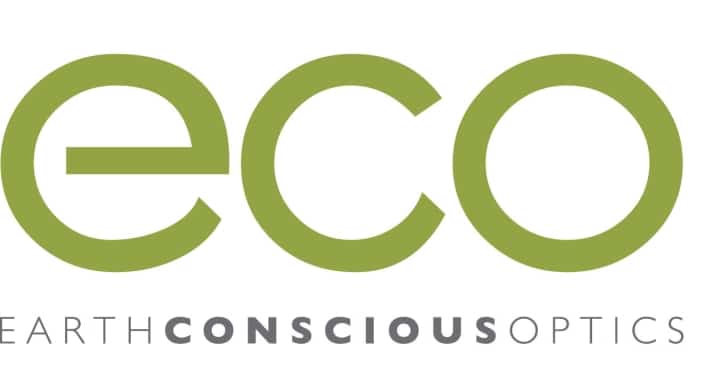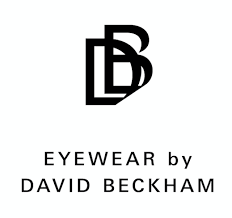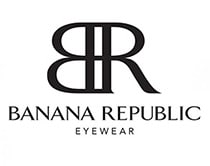Optical
Our optical office is a haven for eyewear enthusiasts and anyone seeking quality eye care. With a commitment to enhancing your vision and style, we take pride in offering a vast selection of eyeglass frames, totaling over 1,500 options. Our extensive collection encompasses a wide range of brand names, ensuring that you’ll find the perfect pair of glasses to suit your tastes and needs.
When you enter our optical office, you’re greeted with a warm and inviting atmosphere where our dedicated team of professionals is ready to assist you. Whether you require prescription glasses, sunglasses, or want to update your look with stylish frames, we have something for everyone. Our knowledgeable staff is here to provide expert guidance, helping you select the ideal eyewear that complements your face shape, lifestyle, and personal preferences.
Visit our optical office today to experience the perfect fusion of fashion and function, where brand-name frames and great deals await you, all while receiving top-notch eye care from our friendly and dedicated team. Our top priorities are Your vision and style; we’re here to help you see the world in a new light.
Check out our entire stock of designer frames and eyewear. Elevate your style and vision with the finest fashion-forward eyeglasses and sunglasses selection.
In addition to our extensive frame selection, we also offer incredible deals to make your eyewear purchase both affordable and rewarding. We believe everyone deserves the best vision care without compromising style or quality. Our commitment to excellence extends beyond just selling frames; we prioritize your eye health, offering comprehensive eye exams and personalized lens options to ensure you enjoy clear and comfortable vision.
